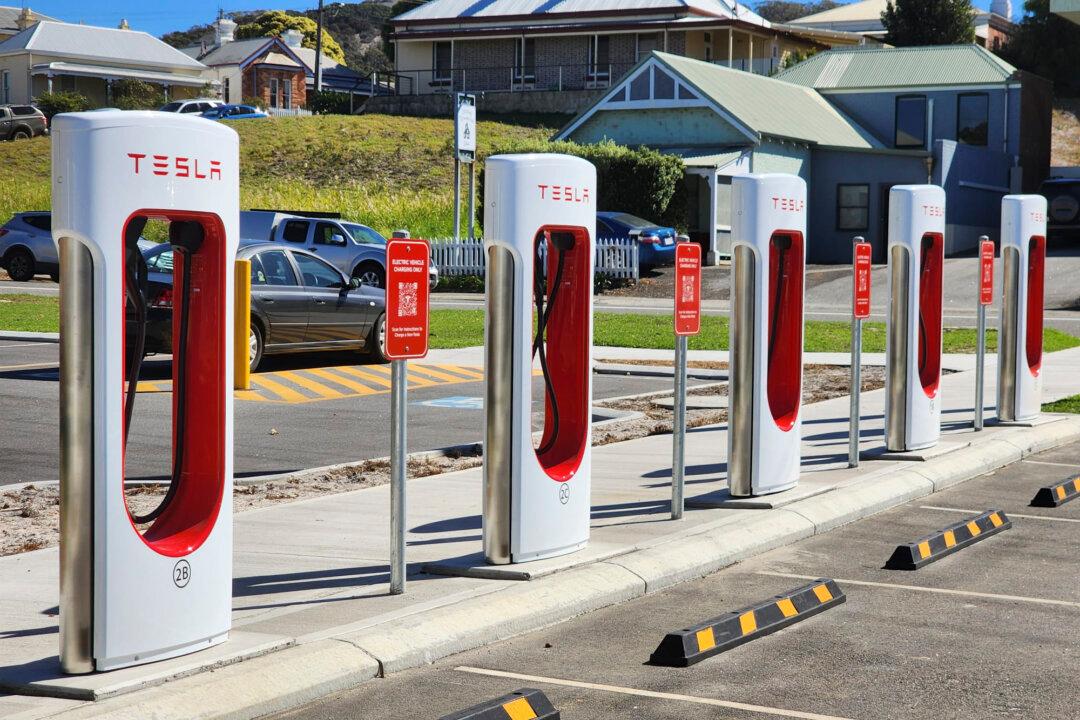Energy giant Origin Energy is offering Tesla electric vehicle owners the opportunity to fully charge their cars for as low as $4.60 (US$3.05).
The energy company is providing automated EV charging within an app at 8 cents per kilowatt-hour during a scheduled charge session.





